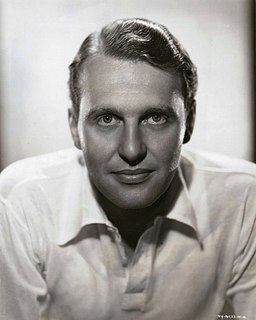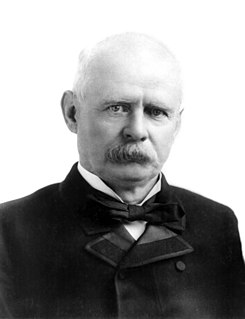A Quote by Emanuel Swedenborg
I have seen a thousand times that Angels are human form, or men, for I have conversed with them as man to man, sometimes with one alone, sometimes with many in company.
Related Quotes
Angels appear to transcend all cultures, races, and systems. They are a part of human history and civilization, sometimes at the forefront, other times in the shadows, but they are always there. They don't belong to any one particular religion, although many modern people try to associate them with Christianity, Judaism, and Islam. No one religion holds total responsibility for the belief in angels. In truth, these religions only support the existence of angels, they didn't create them.
Mastership hath many shifts whereby it striveth to keep itself alive in the world. And now hear a marvel: whereas thou sayest these two times that out of one man ye may get but one man's work, in days to come one man shall do the work of a hundred men - yea, of a thousand or more: and this is the shift of mastership that shall make many masters and many rich men.
The angels as the guardians of men are set over men as instructors and monitors. This shows the relationship that is to exist between them. Man's attitude is to be one of obedience and subjection. He is to follow the lead of the angels, and consequently some reverence is already implied in the very relationship that exists between man and angel.
I have divers times examined the same matter (human semen) from a healthy man... not from a sick man... nor spoiled by keeping... for a long time and not liquefied after the lapse of some time... but immediately after ejaculation before six beats of the pulse had intervened; and I have seen so great a number of living animalcules... in it, that sometimes more than a thousand were moving about in an amount of material the size of a grain of sand... I saw this vast number of animalcules not all through the semen, but only in the liquid matter adhering to the thicker part.
To write poetry is to be very alone, but you always have the company of your influences. But you also have the company of the form itself, which has a kind of consciousness. I mean, the sonnet will simply tell you, that's too many syllables or that's too many lines or that's the wrong place. So, instead of being alone, you're in dialogue with the form.
But the greatest error of all the rest is the mistaking or misplacing of the last or farthest end of knowledge: for men have entered into a desire of learning and knowledge, sometimes upon a natural curiosity and inquisitive appetite; sometimes to entertain their minds with variety and delight; sometimes for ornament and reputation; and sometimes to enable them to victory of wit and contradiction; and most times for lucre and profession; and seldom sincerely to give a true account of their gift of reason, to the benefit and use of men.
To worry is to acknowledge that the world is unpredictable, and there is power in understanding one's own powerlessness at times. But too often worry takes on life of its own. Men are quite prone to this. They'll plague themselves with so many 'what if's and 'if only's that they soon forget to ponder the true possibilities before them. Which inevitably lead to poor decisions. Whatever happens will happen. Sometimes we have say over the future. Sometimes we don't. Either way, worrying alone never accomplishes anything.
A man's minor actions and arrangements ought to be free, flexible, creative; the things that should be unchangeable are his principles, his ideals. But with us the reverse is true; our views change constantly; but our lunch does not change. Now, I should like men to have strong and rooted conceptions, but as for their lunch, let them have it sometimes in the garden, sometimes in bed, sometimes on the roof, sometimes in the top of a tree. Let them argue from the same first principles, but let them do it in a bed, or a boat, or a balloon.
Charles V used to say that "the more languages a man knew, he was so many more times a man." Each new form of human speech introduces one into a new world of thought and life. So in some degree is it in traversing other continents and mingling with other races. As a hawk flieth not high with one wing, even so a man reacheth not to excellence with one tongue.





































